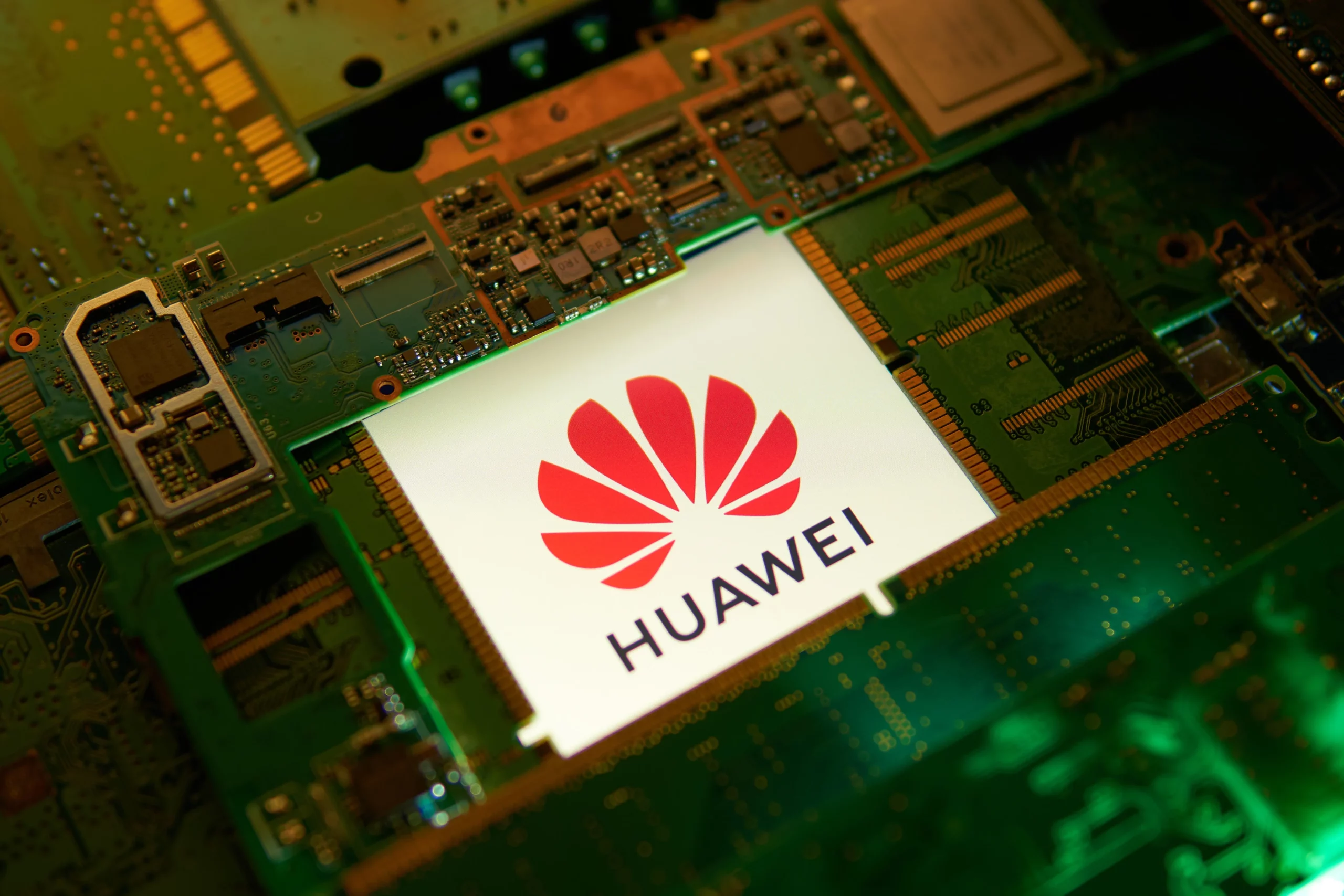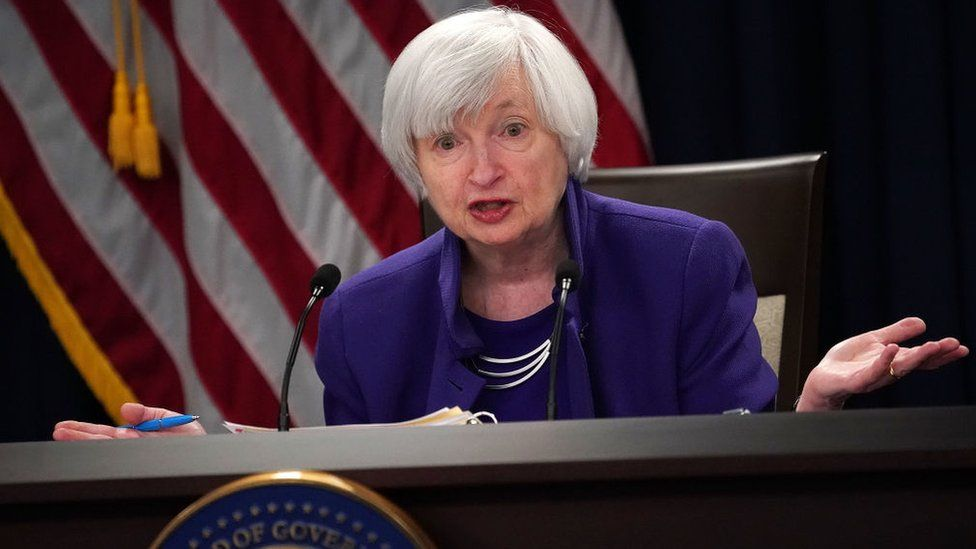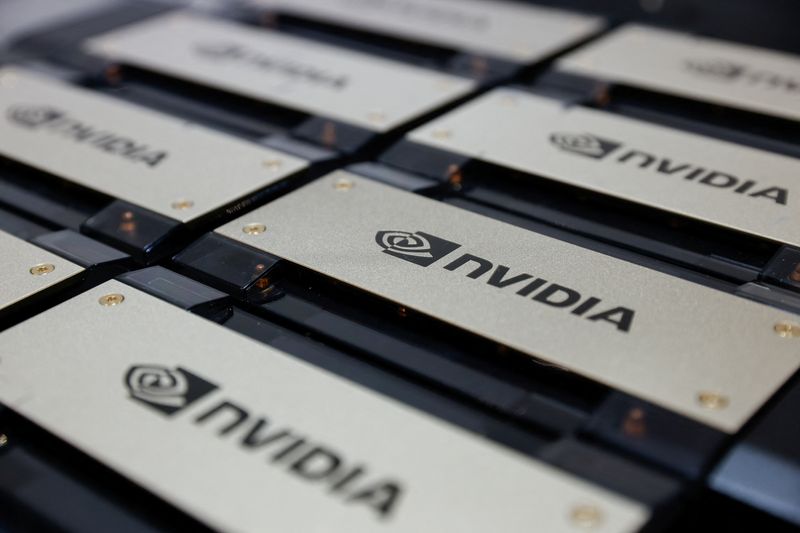The recent U.S. measures to limit the export of advanced artificial intelligence (AI) chips to China may create an unexpected opportunity for Huawei Technologies. This could allow Huawei to expand in its $7 billion home market as the curbs force Nvidia, a leading provider of AI chips, to retreat.
Nvidia’s Dominance
Historically, Nvidia has been the leading provider of AI chips in China, with a market share exceeding 90%. Their best-selling chips, including the A100 and the H100 graphics processing units (GPU), are well-known.
Huawei’s Potential
Chinese firms, including Huawei, have been developing their own versions of Nvidia’s best-selling chips. Huawei’s Ascend AI chips are comparable to Nvidia’s in terms of raw computing power. However, they still lag behind in performance.
Challenges and Opportunities
A key limiting factor for Chinese firms has been the reliance on Nvidia’s chips and software ecosystem. But this could change with the U.S. restrictions. “This U.S. move, in my opinion, is actually giving Huawei’s Ascend chips a huge gift,” said Jiang Yifan, chief market analyst at brokerage Guotai Junan Securities.
Nonetheless, this opportunity is accompanied by several challenges. A considerable number of cutting-edge AI projects rely on CUDA, a programming architecture popularized by Nvidia. This has fostered a vast global ecosystem capable of training exceptionally advanced AI models, including OpenAI’s GPT-4.
Analysts say Huawei’s own version, called CANN, is much more limited in terms of the AI models it can train. This means that Huawei’s chips are far from a plug-and-play substitute for Nvidia.
Moreover, Huawei faces the challenge of replicating Nvidia’s ecosystem and assisting clients in transitioning their data and models. Intellectual property rights present a significant hurdle, with numerous U.S. firms holding essential GPU patents.
Insiders View
Despite challenges, Huawei is pushing back against U.S. restrictions, making advances in smartphone chips and AI computing. The recent chip curbs offer an unexpected opportunity for Huawei, with its potential to fill the void left by Nvidia in China.




